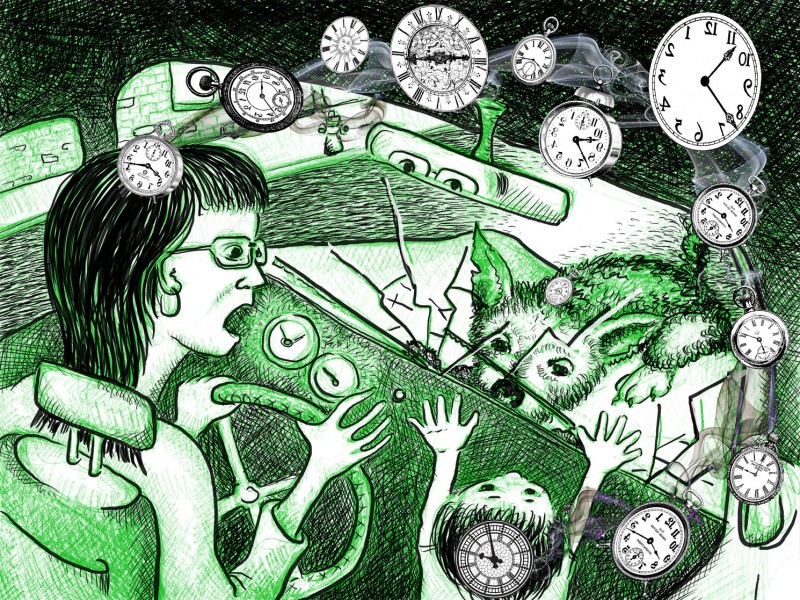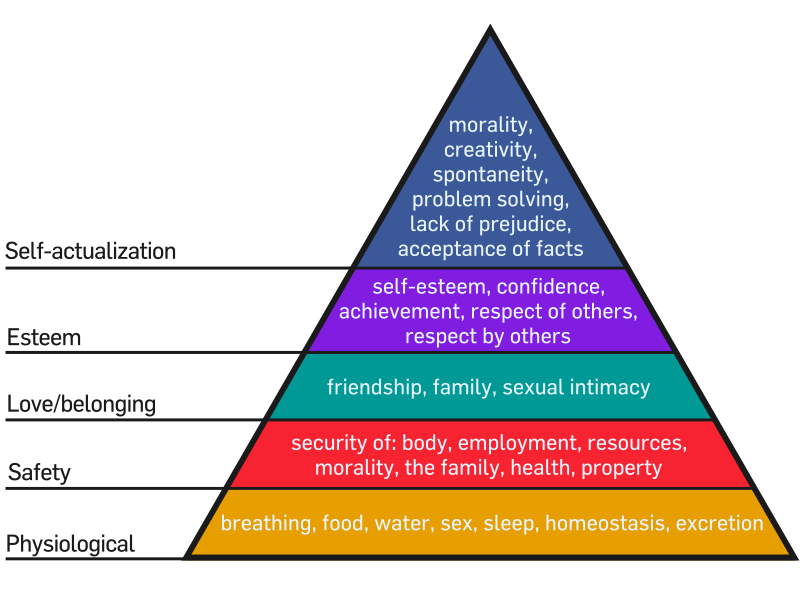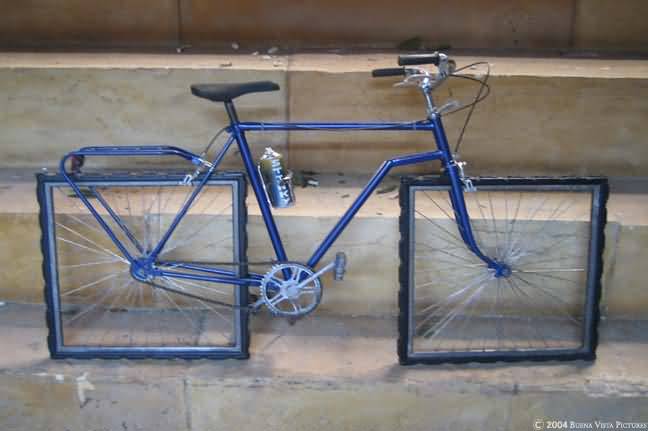
I often encounter the Blank Page Syndrome among our clients. They have an IDEA, but find it difficult to translate the nebulous desires into plans and actions that become a business. I hear a lot: “I know what I want, I just don’t know how that gets translated into something tangible.” The problem though is that most times, these individuals don’t know what they really want. And my job as a designer is to do product design therapy to uncover the real needs and separate them from vague desires. There are a few strategies for this (cognitive scaffolding for the design process). From the point of view of the final product, it is important that the client buys into the ideas and makes them their own. When I hear my words spoken back to me a few weeks into the process, I feel more confidant that the final result will be the practical manifestation of my client’s desires. Define the Categories of Product Users When one runs a business, selling products or providing services, it’s important to keep in mind that in most cases it’s not about you (typical mirroring error). The products and services have to appeal to end…









